Mark Latham: A missed opportunity not to ditch Australian Human Rights Commission
THE Human Rights Commission is a law unto itself — and the PM had a golden opportunity to kill it off. But didn’t, writes Mark Latham.
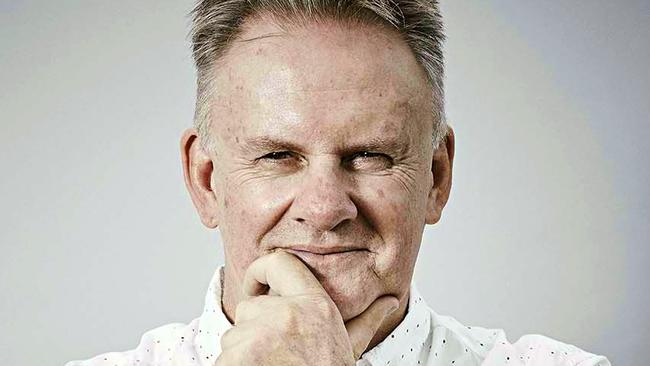
Opinion
Don't miss out on the headlines from Opinion. Followed categories will be added to My News.
- Sharri Markson: Triggs has revealed her true colour ... it’s green
- Mark Latham: The ideological war is already on the home front
Malcolm Turnbull has become a master of missed opportunities.
Instead of appointing a new head of the Australian Human Rights Commission (AHRC) to replace Gillian Triggs, he should have abolished the whole wretched thing.
Triggs was notorious for misleading a Senate committee and persecuting innocent university students and cartoonists under Section 18C.
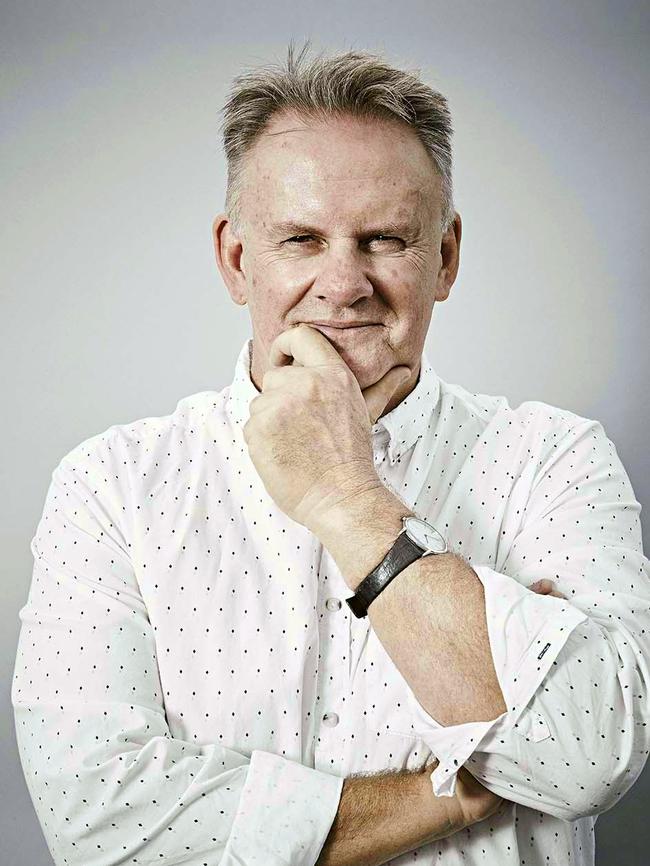
She has been an opponent of free speech, lamenting her inability to monitor conversations “around the kitchen table”. While some commentators believe her retirement and the appointment of Ros Croucher will improve the commission’s performance, this is an illusion.
The problems at the AHRC go beyond any one individual.
They are structural, having been entrenched over a long period.
They involve abuses of power, as the organisation routinely acts outside its statutory authority.
It has become a form of shadow government, with its own executive and policy agenda. Its members are unelected and seemingly unaccountable. The only way to deal with it is to abolish it.
When the Hawke government established the commission in 1986, it was designed as a defensive body.
Mark Latham: The majority have a new advocate, Tony Abbott
It was supposed to defend people against human rights abuses, such as employment discrimination. It wasn’t empowered as a policy maker in its own right.
If, under the AHRC legislation, the commission saw flaws in “matters relating to human rights” it had to “report to the minister as to the laws that should be made by the Parliament or action that should be taken by the Commonwealth.”
It was to advise governments, not to supplant their functions.

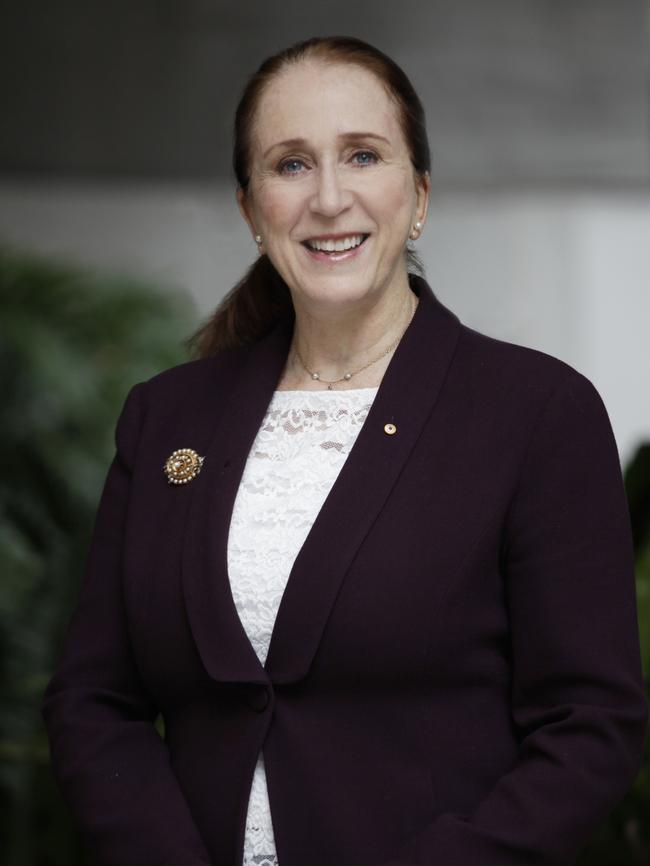
Yet steadily, in the three decades since, the commission has taken on a proactive role, engaging in policy making and social engineering.
It wants to remake Australia in its own leftist image, to redesign our national values and institutions.
Take, for example, the work of Race Discrimination Commissioner Dr Tim Soutphommasane.
Last year he released a report on “A Blueprint for Cultural Diversity” that set out a new national policy on race relations. He identified four cultural groups into which all Australians were to be categorised: Indigenous, Anglo-Celtic, Other European and Non-European.
Previously the Federal government had recognised hundreds of unique cultures in our country, not just four.
Soutphommasane has tried to replace multiculturalism with his own policy of quadriculturalism.
Some of the outcomes are bizarre, such as lumping the Irish in with English migrants under “Anglo-Celtic”, plus grouping traditional rivals France and Germany as “Other European”.
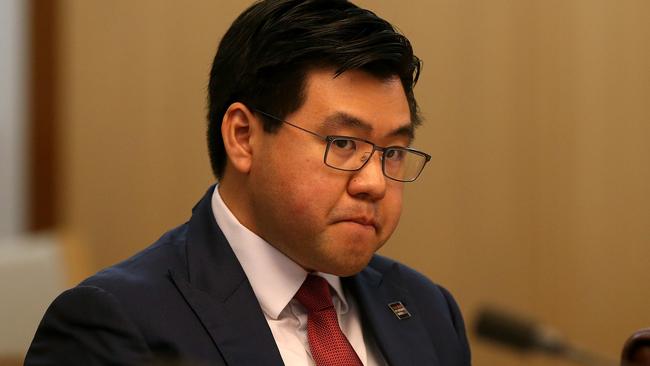
Imagine how our Jewish population must feel in having Israel categorised as culturally “Non-European”, no different from the Arab states.
And what about the distinctive Asian cultures flourishing in Australia: why have they been grouped alongside people from Africa and South America?
When I put these anomalies to the federal minister responsible for multiculturalism, Christian Porter, he was highly critical of Soutphommasane’s work.
“Australia identifies with about 300 ancestries and our cultural diversity is one of our greatest strengths,” he told me.
“Trying to box up this wealth of individualism and diversity into four boxes on a form looks more like an accounting project than anything that actually understands the true nature of Australia’s success.”
He dismissed Soutphommasane’s policy as “artificial”, as demeaning multiculturalism with “four bureaucratically-assigned categories of people”.
Tim Blair: Why the Human Rights Commission is like our desal plant
Clearly Soutphommasane’s position has become untenable.
We can’t have two separate ethnic policies in Australia: one belonging to the elected government and the other devised by an autocratic official.
Either Soutphommasane has to abandon his blueprint or the government has to sack him.
Porter is also critical of another aspect of Dr Tim’s work.
Soutphommasane has been going door-to-door in the Sydney and Melbourne CBDs, signing up large professional firms to a policy of racial employment quotas.
That is, if 10 per cent of the general population is Asian, then 10 per cent of a firm’s lawyers should also be Asian.
Recently, for my Mark Latham’s Outsiders program, I visited Cabramatta to ask if any of the large Asian population there wanted to be lawyers.
I couldn’t find anyone.
Mostly, they wanted to run small businesses and IT companies.
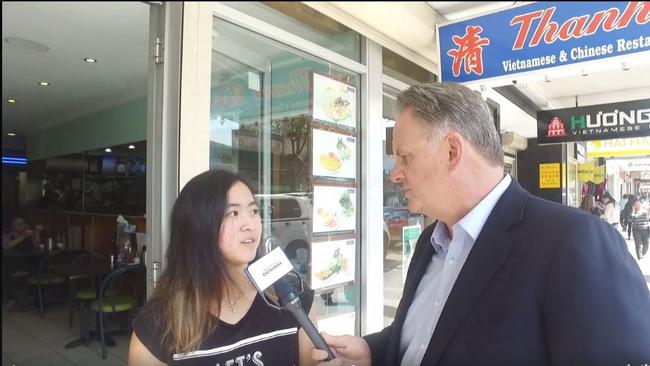
Soutphommasane has embarked on an arrogant process of racial re-engineering: trying to create more Asian lawyers, when the Asian community itself has other priorities.
He thinks he’s a racial God, making decisions for the rest of society.
Porter agrees that Soutphommasane has gone too far.
“Trying to have some prescribed mix of quotas in bureaucratically-defined categories that would be the same across a wide range of different organisations seems to me the sort of social engineering project that represents a poor use of taxpayers’ money,” he told me last week.
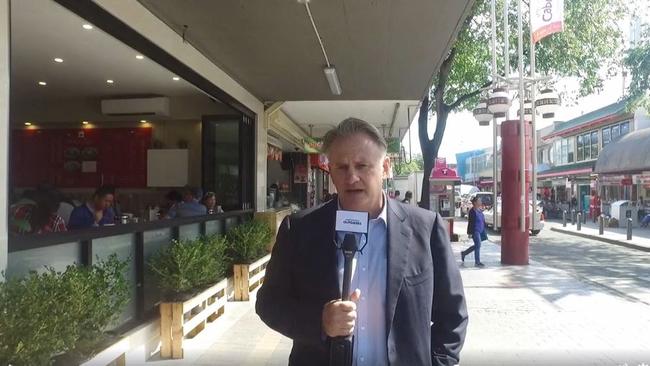
Again, Dr Tim is in an impossible position.
A senior minister has described his work as a waste of money, an overreach into the politics of social control and manipulation.
Hopefully Porter will now be arguing inside the Turnbull Cabinet to cut the commission’s funding, to eliminate its shadow government activism.
Soutphommasane is just one example of the AHRC spinning out of control.
The Sex Discrimination Commissioner Kate Jenkins is another, with her wacky plan for gender quotas.
A new boss cannot fix this.
Ros Croucher might be a well-qualified lawyer, but the ogre of social engineering has grown too large and pervasive within the commission for her to contain it.
The best solution is abolition.


